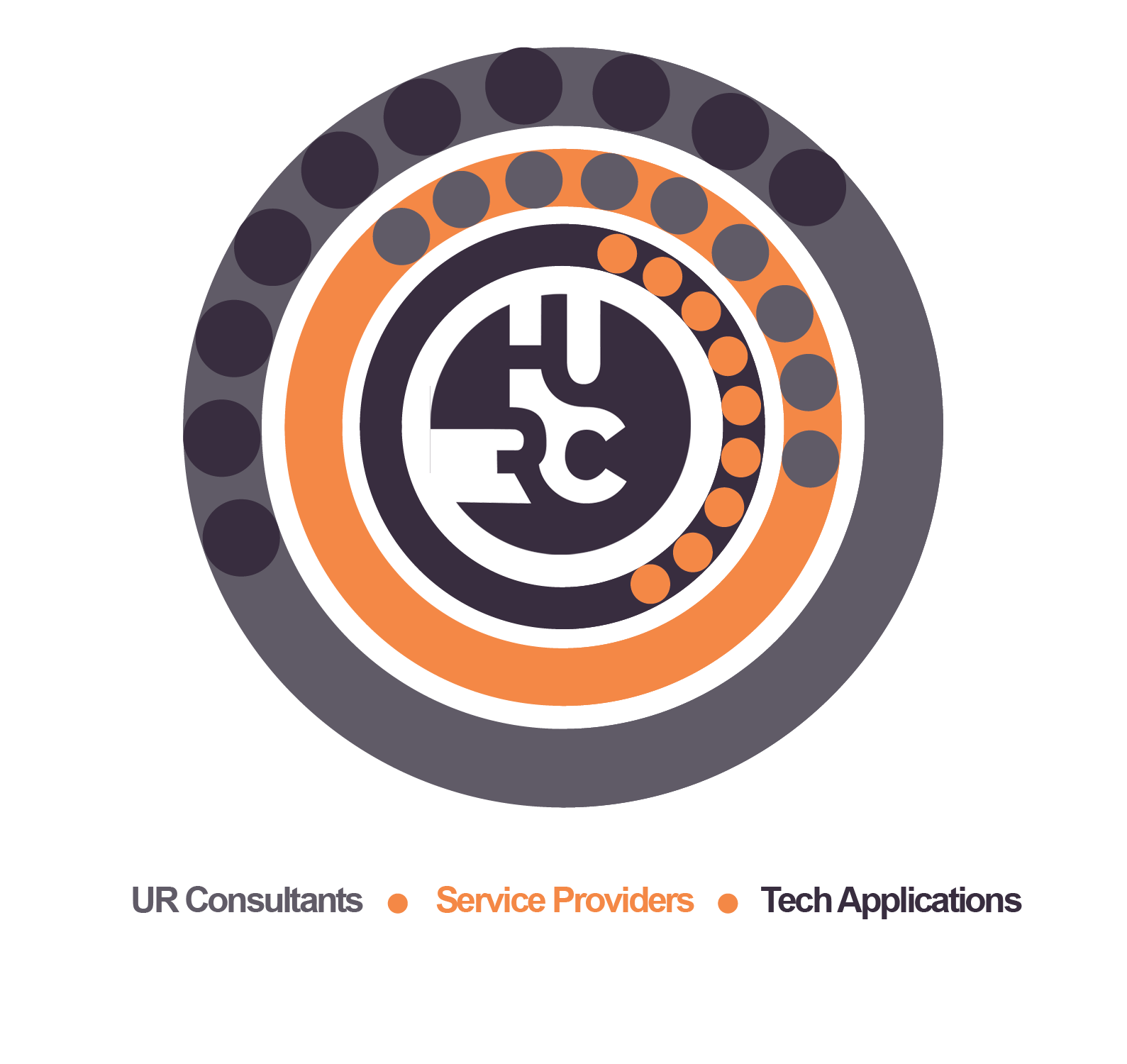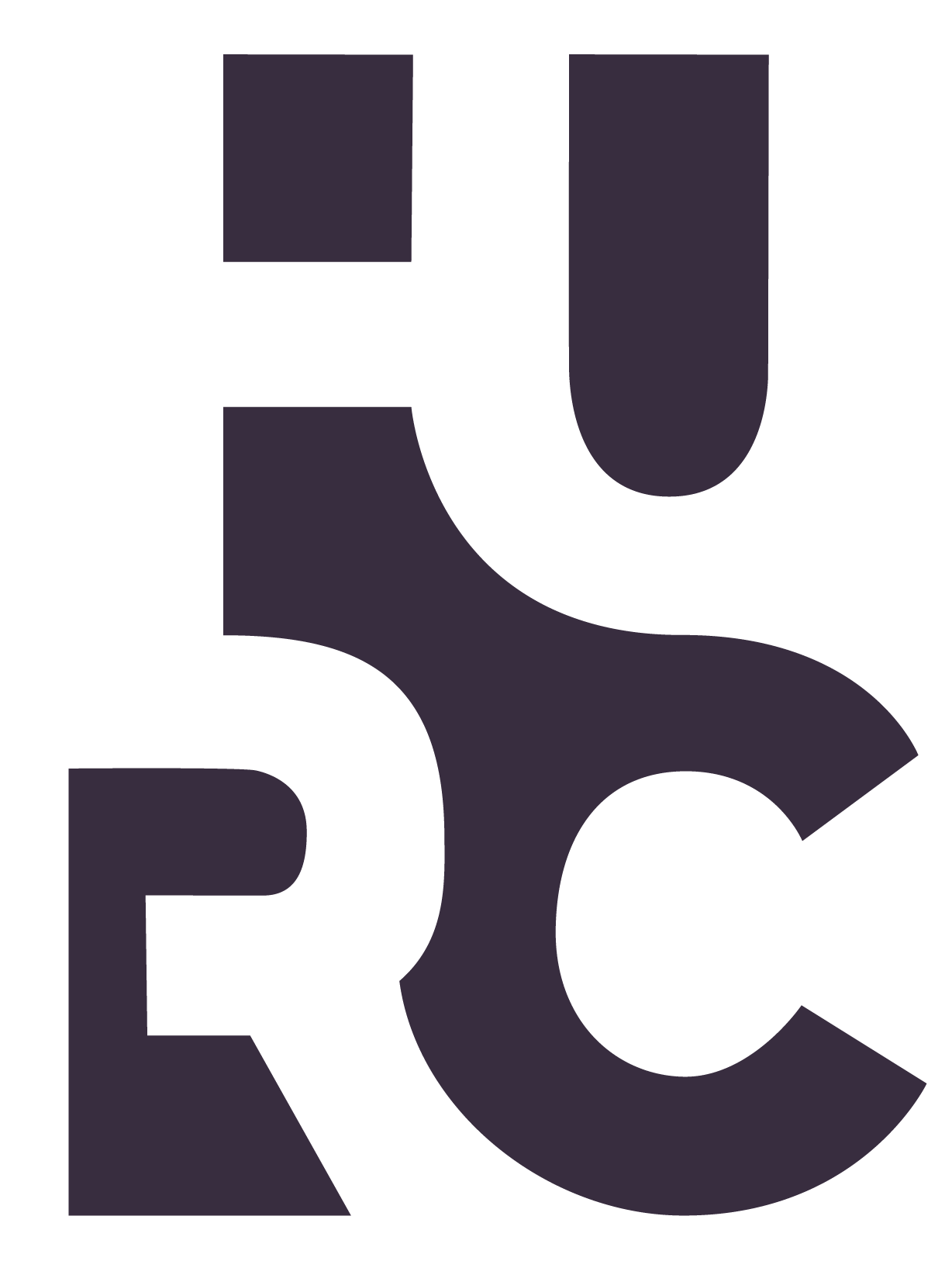
SOCIAL

Solving the Productivity Paradox: Healthcare
Spencer Dorn, Vice Chair & Professor of Medicine, UNC, offered his take on a recent New Yorker article as it pertains to healthcare.
On LinkedIn, Dorn posed the question: “Is the core problem with electronic health records that they myopically focus on individual tools rather than workflows?”
He postulates that, “This certainly rings true in healthcare, where individual clinicians struggle to keep pace with an endless barrage of electronic messages and tasks, the bulk of which could be at least partially handled by other teammates.”
HURC is uniquely poised to overcome the burdens placed upon clinicians - with the ultimate goal of empowering doctors and nurses to focus solely on patient care. Dorn ends his post by stating: “to sustain our workforce and provide better care – and especially if we hope to harness AI to automate tasks – we must reevaluate and reorganize our work.”
At HURC, we agree - and we’re poised to implement these solutions today. Read Dorn’s full post here - and Contact HURC today.

ACMA Annual Conference: New York Chapter
ACMA members gathered this past weekend in Sleepy Hollow for the 7th annual ACMA Conference for the New York Chapter. The conference was attended by Case Management professionals, RNs, Social Workers, Physician Advisors, Case Management Assistants, Nurse Practitioners, and Care Transitions staff.
HURC was proud to attend and share solutions centered around Utilization Review and Case Management.
Learn how HURC can tailor solutions for needs by visiting HURC.com/Services.

Flare Capital: Hospital Sector is Under Siege…
“Each year there are over 34 million admissions across the more than 6,100 hospitals in the United States. Never before has this critical healthcare infrastructure been so needed, and yet, never before has it been under such duress.”
Flare Capital recently authored, in collaboration with Dr. Gary Gottlieb, an article emphasizing the importance of entrepreneurs understanding the compounding problems providers face with regard to financial hardships and staffing shortages. Providers already operate with the slimmest of profit margins - an innovation in the technical space should be specifically designed with this in mind - and with the goal of clinical and administrative burdens.
The article concludes: “There will be even greater financial pressures as more and more of the care provided will be paid for by government programs with lower reimbursement rates. Entrepreneurs and investors need to incorporate all this as they find those opportunities to lower costs and improve outcomes, but also to target hospitals that are viable longer term. It is a customer base under siege.”
Read more here. Learn how HURC provides tailored Solutions for providers today.

CMS Price Transparency Regulations
A recent article by Fierce Healthcare updated that the CMS issued regulations around price transparency for hospitals in the US and finalized a 3.1% payment increase for 2024 as opposed to the initially proposed 2.8%.
"Under the rule, hospitals will be required to make cost data publicly available in a more standardized manner, which it says will make it easier for third-party developers to use the data and make it simpler for patients to parse," the article notes.
Read more here.

AI Regulation & Healthcare
Becker's Healthcare's recent article continues the discussion on the regulation of AI in healthcare. "'While drugs and some devices are tested on patients before approval, software programs are not,' Jeffrey Shuren, MD, the chief of the FDA's medical device division, acknowledged to The New York Times in an Oct. 30 report that there needs to be continuing efforts to ensure programs live up to their promises after they are cleared."
Read more here.

Utilization Review: 5 Reasons Hospitals Lose Revenue
In need of a refresher on what Utilization Management in healthcare really is? Healthcare Financial Management Association (HFMA) walks through the basics of UM while highlighting its benefits and versatility in this article.
After reading, take a look at HURC’s Services page for more information on why CŪR (or Centralized Utilization Review) is the ideal solution for empowering providers to focus on patient care.

Nursing Faculty Burnout: New Study Reveals What Educators Need To Fulfill Their Roles
It’s no secret that a day in the life of one of America’s nurses offers immense and seemingly insurmountable challenges. But those challenges extend to nursing educators - nursejournal.org states, “daily grading, writing, researching, committee work, and changing learning environments (classroom, online, hybrid) can lead to nursing faculty feeling overworked.”
HURC is here to help. We remove burdensome administrative workloads from nurses and patient care professionals so they can do what they do best - and care for themselves, too. Learn more about our Healthcare Solutions here.

How Cigna Saves Millions by Having Its Doctors Reject Claims Without Reading Them
ProPublica's article contains a deeper dive into Cigna Healthcare's claims denial conflict while touching upon common issues within the prior authorization process.

Hospitals are dropping Medicare Advantage left and right
Why are hospital systems pushing back against Medicare Advantage plans? "Among the most commonly cited reasons are excessive prior authorization denial rates and slow payments from insurers.
Some systems have noted that most MA carriers have faced allegations of billing fraud from the federal government and are being probed by lawmakers over their high denial rates," Becker's Healthcare writes. Learn more here!

Cigna hit with second class action suit over claims automation software
With the rollout of AI and automation in the healthcare industry, it's essential to be aware of its dangers when left unchecked. Healthcare Dive reports on Cigna's second class action lawsuit over its software that automates claims processing.
Lawsuits allege that Cigna's "procedure-to-diagnosis" (PxDx) software rejected over 300,000 requests for payment in 2022 in the absence of medical professional oversight. Further investigation is occurring, and you can learn more here.

What's missing from discussions on the nursing shortage? 9 CNOs weigh in
While you may be aware that America is facing a nursing shortage, do you ever wonder how nurses in the current workforce feel about the crisis? An article by Becker's Healthcare reports what's missing from discussions on America's nursing shortage from real, experienced CNOs (Chief Nursing Officers).
Describing solutions for the present and the true role of nurses in sustaining healthcare, this post contains key insights and ideas to tackle staffing issues in nursing for both the short and long-term. Learn more here.

How Amazon's $4B investment in AI company Anthropic impacts healthcare
Amazon entering the healthcare sector: a force to be reckoned with or a lost cause? What are your thoughts?

Hospitals' operating margins fell in July as fewer patients sought care
A recent article by FierceHealthcare states that hospitals nationwide took a hit this past July as "reduced patient volumes, a bump in bad debt and charity care whittled operating margins," resulting in a -1.6% median single-month operating margin index and a 9% revenue decline from June to July.
Building off of Kaufman Hall's reporting, reduced utilization saved 4% in total daily expenses, but expenses are projected to shift because of inflation. Additionally, the upcoming Medicaid disenrollment process also adds a layer of uncertainty to the mix.
"Hospitals that prioritize care transitions are performing better than institutions who do not,” Erik Swanson--senior VP of data and analytics for Kaufman Hall--noted. “Identifying steps that can ensure a smooth transition, such as obtaining prompt pre-authorizations and planning discharge early, will help organizations reduce expenses and improve patients’ experience.”
Learn more here.

ChatGPT Is Michael Jordan, But In Medicine The “Supporting Cast” Will Be Key
AI's role in healthcare is promising yet challenging. While ChatGPT excels in medical testing, its ultimate use lies in supporting, not replacing, human expertise. As we navigate this new era of healthcare innovation, one truth remains: humans are irreplaceable.

As PCPs Integrate with Health Systems, Steering Increases Costs
Does vertical integration in healthcare have effects on quality of care provided? This article by RevCycleIntelligence analyzes a Harvard University report which studied the rising trend of PCPs joining hospital systems and its impacts.
The observation of 4 million commercially insured patients in MA treated by physicians who had recently aligned with a health system revealed a link between vertical relationships between PCPs and health systems and a 22.64% increase in specialist visits per patient-year, termed as "steering."
There was no difference in readmission outcomes between newly integrated PCPs and other physicians studied.
Researchers wondered if these findings were indicative of better care coordination or increased costs and limited benefits, especially since readmission rates were similar.
The article concluded that "vertical integration may come with some benefits depending on the relationship between physicians and health systems and financial incentives. However, the impact this type of consolidation has on quality of care and costs remains to be conclusive."

AI Adoption in U.S. Health Care Won’t Be Easy
Harvard Business Review states, “health care innovators must build trust in AI with three critical constituencies: providers, patients, and the public.”
Contact Us to learn more about why HURC is uniquely poised to take clients from FTE augmentation, to automation, through AI integration - all while fully embedded and invested in your organization’s workflow and systems.

Nursing 2023: How Hospitals are Confronting Shortages
We are well-aware that America is plagued with a nursing shortage.
The COVID-19 pandemic strained hospital systems, increased the workload on health professionals, and left broken pieces of the healthcare system in its wake. Looking forward, it's important to ask how we're rebuilding, if at all. How can hospitals ensure that nurses stay motivated to work after COVID-19?
This report by McKinsey & Company dives into recent trends in the nursing workforce as well as what actions stakeholders can take in the short, medium, and long-term to restore nursing in America.

ProPublica: No One Knows How Often Payers Deny Claims
"Americans deserve information and data that has relevance to their own personal health and circumstances," an AHIP spokesperson told ProPublica in a recent report. Read more below about why transparency in the health insurance claim denials process is necessary!

The Nursing Crisis: A Threat To Businesses And Communities
Rebecca Love RN, MSN, FIEL's article explains why it is necessary for businesses to pay attention to nursing shortages and work to collaborate with affected communities.
It also aligns with HURC's mission to consolidate hospitals' administrative tasks so doctors and nurses can focus on providing quality care for patients! Learn more about how we accomplish those initiatives on our Services page.

Denied by AI: How Medicare Advantage plans use algorithms to cut off care for seniors in need
Something to watch out for! "Health insurance companies have rejected medical claims for as long as they’ve been around. But a STAT investigation found artificial intelligence is now driving their denials to new heights in Medicare Advantage, the taxpayer-funded alternative to traditional Medicare that covers more than 31 million people,"
While AI can provide many benefits, is there a point at which it could cause harm as well? Read more in the article below.

